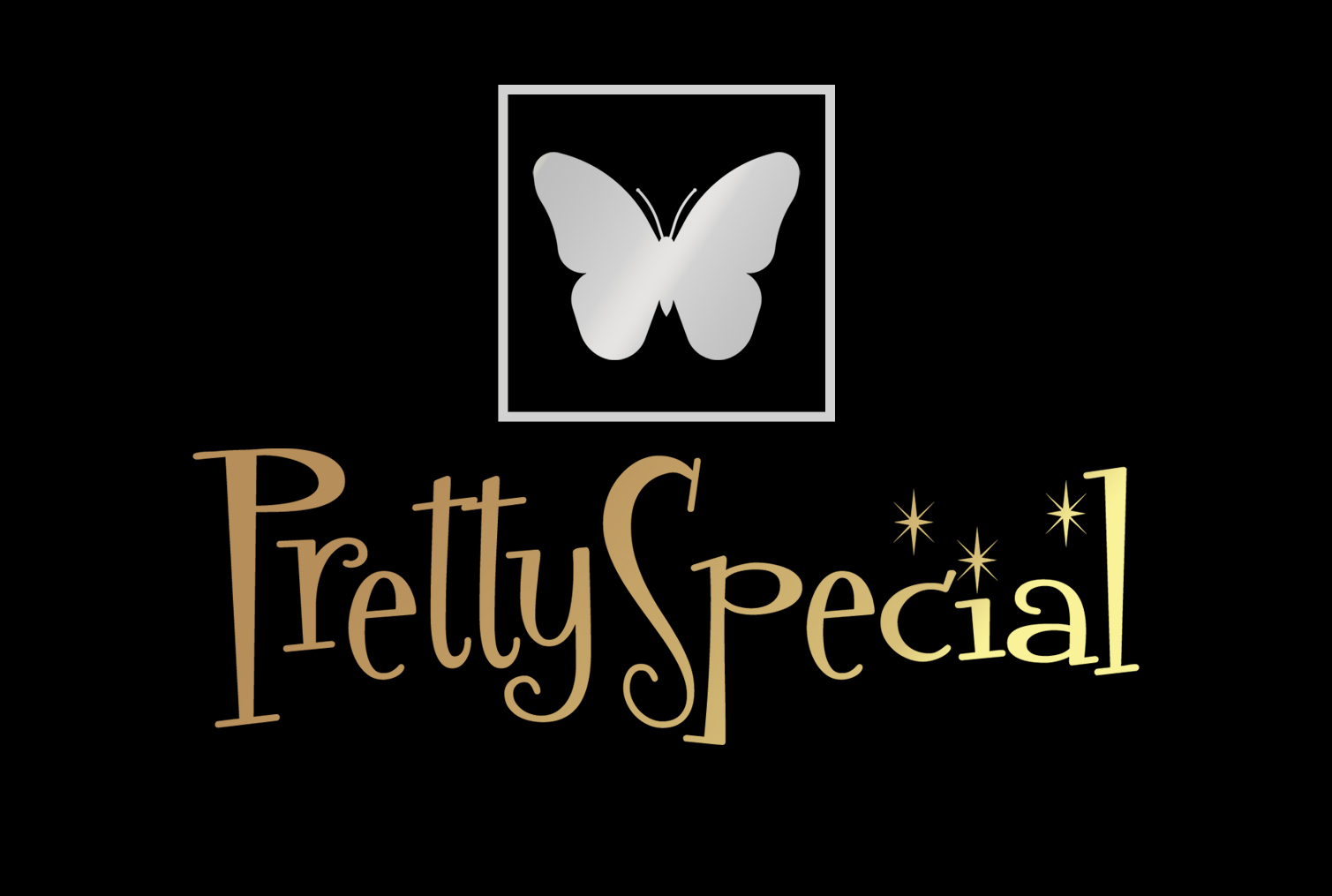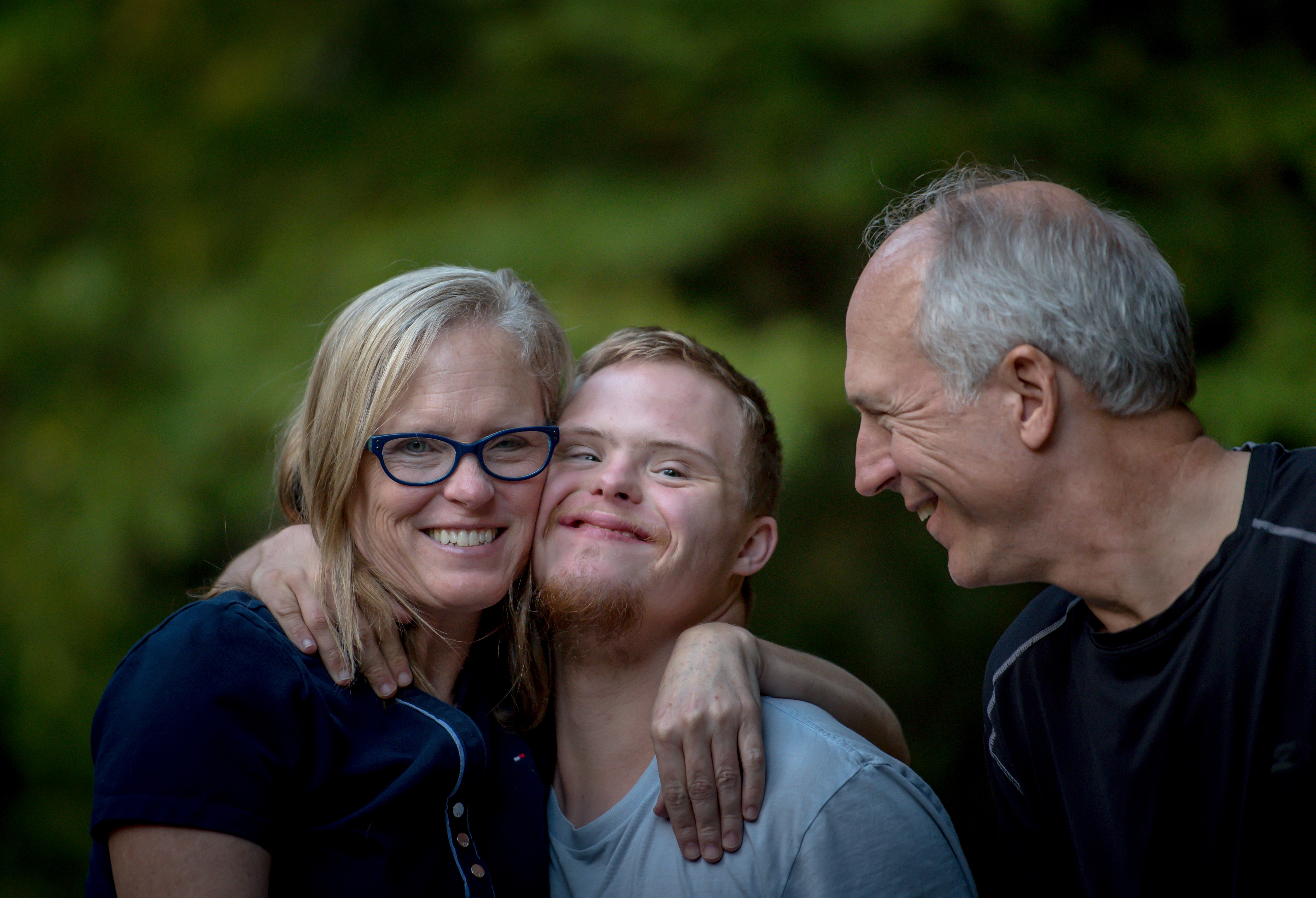To answer this question, lets first talk more about Down Syndrome itself and its behavioural symptoms.
According to the National Down Syndrome Society, at least half of all children and adults with Down syndrome face a major mental health concern during their life span. Children and adults with multiple medical problems experience an even higher rate of mental health problems.
The most common mental health concerns include:
General anxiety, repetitive and obsessive-compulsive behaviors; oppositional, impulsive, and inattentive behaviors; sleep related difficulties; depression; autism spectrum conditions; and neuropsychological problems characterized by progressive loss of cognitive skills.
The pattern of mental health problems in Down syndrome vary depending on the age and developmental characteristics of the child or adult.
Common Treatment therapies:
A variety of therapies can be used in early intervention programs and throughout a person’s life to promote the greatest possible development, independence, and productivity, as noted by the US Department of Health and Human Services.
•Physical therapy includes activities and exercises that help build motor skills, increase muscle strength, and improve posture and balance.
A physical therapist can help a child with Down syndrome compensate for physical challenges, such as low muscle tone, in ways that avoid long-term problems. For example, a physical therapist might help a child establish an efficient walking pattern, rather than one that might lead to foot pain.
•Speech-language therapy can help children with Down syndrome improve their communication skills and use language more effectively.
Children with Down syndrome often learn to speak later than their peers. A speech-language therapist can help them develop the early skills necessary for communication, such as imitating sounds. The therapist also may help an infant breastfeed because breastfeeding can strengthen muscles that are used for speech.
•Occupational therapy helps find ways to adjust everyday tasks and conditions to match a person’s needs and abilities.This type of therapy teaches self-care skills such as eating, getting dressed, writing, and using a computer. An occupational therapist might offer special tools that can help improve everyday functioning, such as a pencil that is easier to grip.
•Emotional and behavioral therapies work to find useful responses to both desirable and undesirable behaviors. Children with Down syndrome may become frustrated because of difficulty communicating, may develop compulsive behaviors, and may have Attention Deficit Hyperactivity Disorder and other mental health issues.
How can a weighted blanket help a child with Down Syndrome?
More and more often, interventions for children with Down syndrome involve assistive devices—any type of material, equipment, tool, or technology that enhances learning or makes tasks easier to complete. Examples include amplification devices for hearing problems, bands that help with movement, special pencils to make writing easier, touchscreen computers, and computers with large-letter keyboards.
We believe that a weighted blanket can be a very important assistive device as well as a sensory tool.
Weighted blankets have a long history of use in a type of occupational therapy called Sensory Integration therapy. This treatment is used to help people with autism and other disorders to focus on sensory experiences which experts say may boost these individuals’ ability to regulate their emotions and behaviour. Weighted blankets are one tool therapists use to provide “deep-touch pressure.”
Deep-Touch pressure helps to calm that arousal level in the system and to help with self-regulation.
It also has been proven to assist with general anxiety, repetitive and obsessive-compulsive behaviors; oppositional and aggressive behaviors; sleep related difficulties; depression and autism spectrum conditions.
Utilizing deep pressure touch stimulation, PrettySpecial weighted blankets provide comfort when the challenges of daily life cause anxiety and stress. Learning to communicate with others and be independent can take a toll on those with additional issues like Down syndrome.
Parents of Down Syndrome children have often reported that consistent pressure, like warm embraces from a loved one, has assisted in lowering their aggression and anxiety levels. Both hugs and heavy blankets trigger the release of oxytocin, a hormone that slows down your heart rate, reduces blood pressure and promotes feelings of relaxation.
Taking a break with a our weighted products relaxes the mind and body when it’s most needed. Deep Pressure applied to the body has been shown to increase serotonin levels, lowering pain and stress while lifting the user’s mood.
Giving yourself or a loved one a custom-made PrettySpecial blanket is a worthwhile improvement to their quality of life.
For more information or to order simply contact us via our contact to order form or email us to info@prettyspecial.co.za
We deliver straight to your doorstep, anywhere in South Africa.

